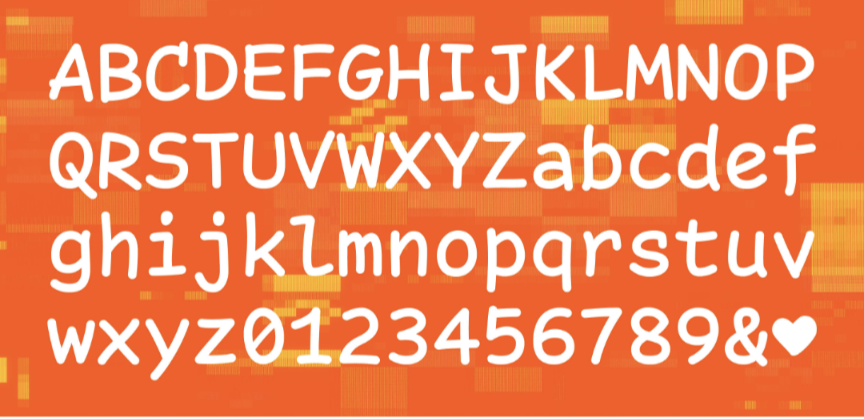- 0 Posts
- 9 Comments

 1·1 year ago
1·1 year agoI see what you are getting at (and I actually do know the basics of SQL), but for embedded developers, i think it’s much more important to know about the storage medium. Is it EEPROM or flash? What are pages and blocks? Do you need wear leveling? Can you erase bytes or only entire pages at a time? What is the write time og a page, a block and a byte? There are so many limitations in the way we have to store data, that I think it can be harmful to think of data as relational in the sense SQL teaches you, as it can wreck your performance and the lifetime of the storage medium.

 72·1 year ago
72·1 year agoWhy would I, an embedded developer working on devices with at most a couple of mb of flash, need to learn SQL?

 3·1 year ago
3·1 year agoSure, you can autogenerated js bindings, but as soon as you need to start debugging or optimizing you need to understand the js that was generated for you.

 131·1 year ago
131·1 year agoI think the truth is that not only can’t WASM manipulate the DOM, but javascript was build to manipulate the DOM and has been moulded around this purpose. Secondly, if you want to use WASM from another programming language, that is just another language you need to learn on top of javascript, because we are not at a stage where we can replace javascript (because of the DOM). Fo most it’s more cost effective to just optimize their javascript code instead of adding another layer to the tech stack.
How would they add runtime checking without breaking all existing code?
But I think warning people is a good start, because those checks can be added to your CI pipeline and reject any incoming code that contains warnings. That way you can enforce type checking for a subset of modules and keep backwards compatibility.

 1·1 year ago
1·1 year agoThe pairs version linked (which Is my daily driver), I don’t think it’s bad at all

First semester of my cs degree, it was around 50/50. After 3 semesters very few women were left. Spoiler: it was not because they could not handle the courses.



What’s wrong with
man ascii?